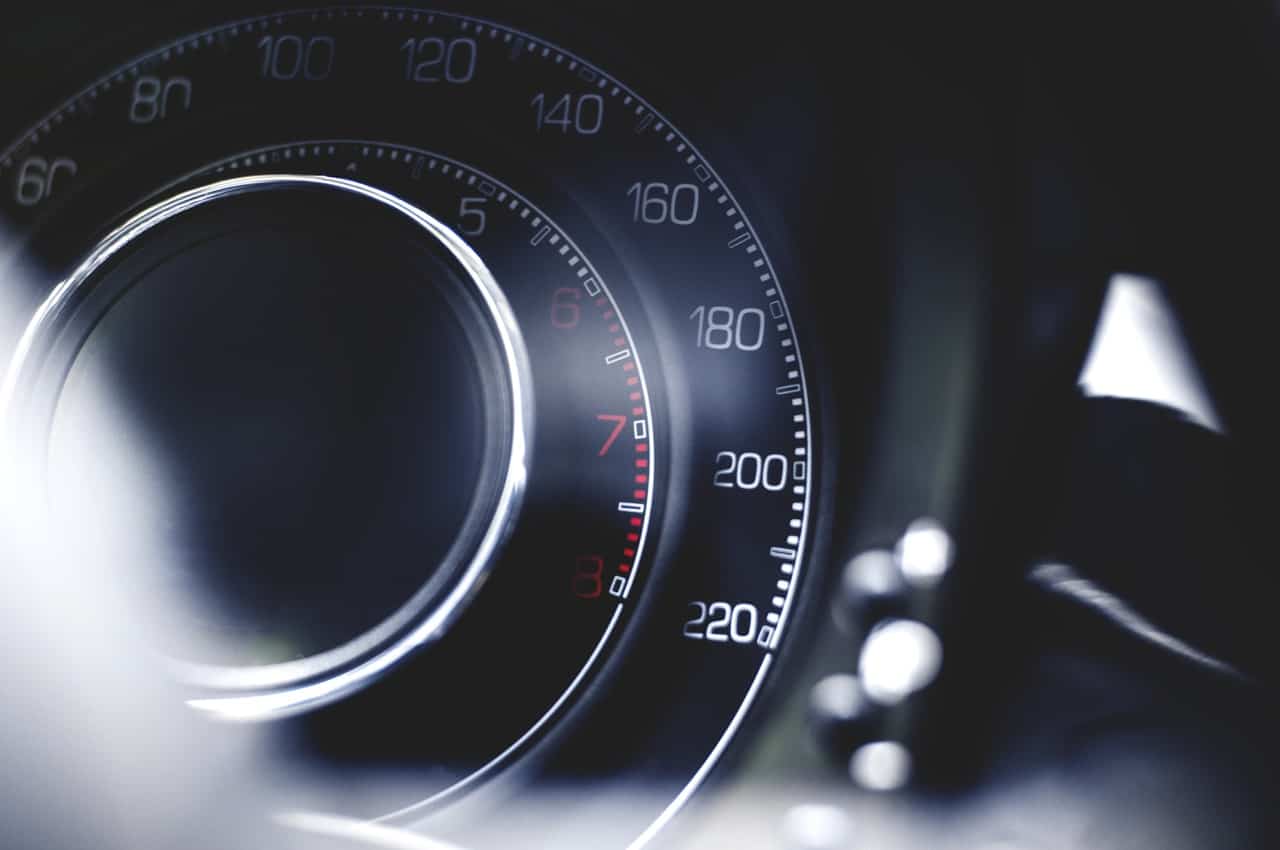Technology has certainly made a major impact on personal privacy. Every action that we make using our computers or smartphones contributes to our digital footprint, a collection of data that can be used to demonstrate where you’ve been, what you’ve been doing and at what times. Of course, the data that is collected about individuals also has benefits – in fact, it is vital for the delivery of some of the services that we have come to depend upon.
However, for some people, the invasion of privacy being caused by technology must be halted. It won’t be long before even the cars that we drive will be harvesting data. Is this harmless, a way of delivering a safer and more convenient driving experience – or is it nothing less than spying?
What are connected cars?
Although much of the cutting-edge automotive news centers on self-driving vehicles, connected cars are likely to find mainstream success much sooner. Essentially, connected cars are vehicles that are hooked up to an internet connection, as well as a local network that lets them communicate with various in-car devices. The latter is of little concern, but the transmission of in-car data to the manufacturer or other interested parties is a little more worrying.
Will your connected car record that you had to brake harshly at the last set of lights or forgot to indicate as you went round that corner? Will this information be passed on and count against you in the future? What’s more, GPS information linked to your car could be used to create a pretty clear picture of your whereabouts. For some people, this kind of surveillance is a step too far, even if promises are made about the use of such data.
Even if they are, so what?
The data being collected and broadcast by connected cars is not all bad, however. There could be safety benefits if cars can share data with one another about upcoming hazards, for example, and there are economic advantages too. Traffic data could be used by urban planners to create cities that are more efficient and productive. The time-saving benefits of this will also be appreciated by drivers everywhere.
An argument often used against privacy campaigners is that, if you have nothing to hide, what’s the problem with your data being collected? Lawyers for serious car accidents are likely to welcome the extra information harvested by connected cars, as it would give them clearer visibility into the cause of many crashes. Indeed, if culpability was the only reason for collecting this data, then privacy fears would likely be minor. However, there is a concern, justified by the way that personal information from other sources has been used, that once connected cars start recording data, there is little that the individual driver can do to influence how it’s used.
Perhaps if car manufacturers are transparent with drivers, any concerns surrounding connected cars will dissipate, certainly when weighed against their many benefits. If not, however, privacy concerns will threaten to undermine this promising technology before it achieves mainstream adoption.

